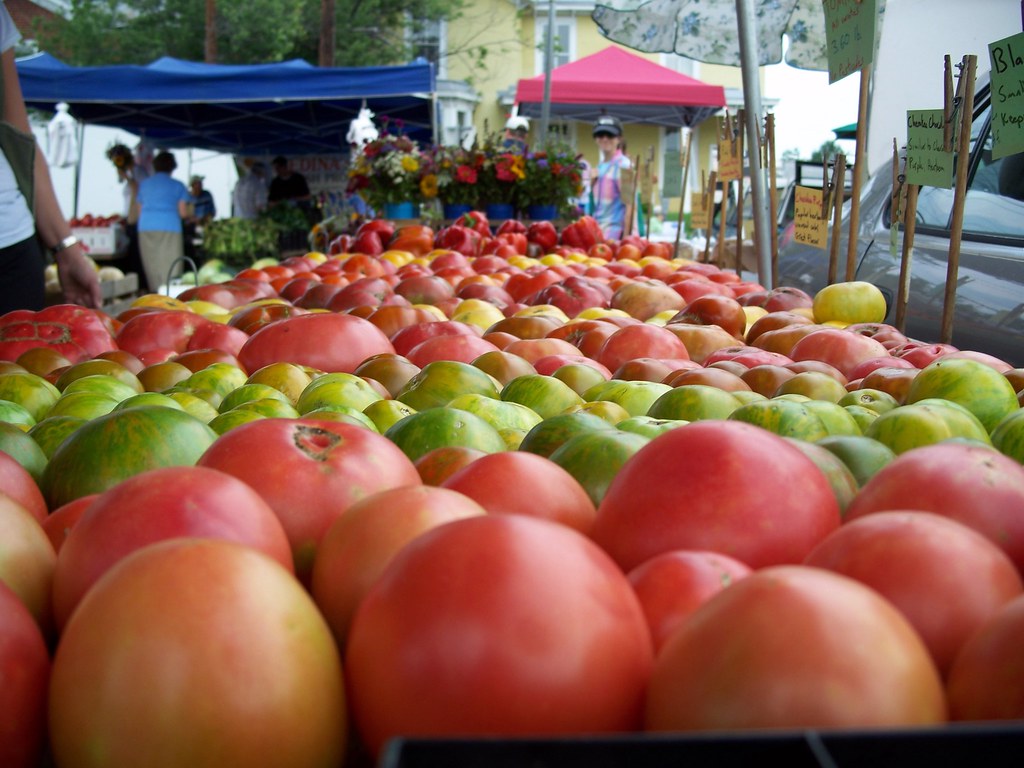A local Thanksgiving meal brings to mind one word: Yum! Last Friday's dinner -- graciously hosted by UVA's Urban Planning Department -- lived up to expectations and then some, and anyone that argues that local food limits one's diet should have seen the spectacular array of dishes at St. Paul's: - breads, biscuits, cheeses, salads, casseroles, sweet potatoes, mashed potatoes, squash (of all varieties), stuffing, gravy, applesauce, raspberry ice cream, pumpkin spice cake, and of course Polyface turkey. How amazing to think that each of those food items had been grown and processed within Virginia, and ultimately prepared here in Charlottesville. The only item missing from a regular Thanksgiving feast was the cranberry sauce, but I didn't even notice it wasn't an option until halfway through my meal. I'll happily trade that cranberry sauce for everything else that was on my plate!

On a flattering note, the Planning Department identified a few of us in attendance as VIFs: Very Important Foodies. I'm reminded of all the work still cut out for me, but am driven to continue such work by the palpable sense of community present that night in response to our fundamental need for food -- not only in a survival sense, but also in a social sense. Sure food production is work, but it's also an opportunity to celebrate and build relationships every time we eat. I'll certainly keep that in mind as I gather with my family for Thanksgiving on Thursday.
For more information about eating locally, look to the
100 Mile Diet website (the inspiration for the Planning Department's first Local Thanksgiving feast four years ago). Happy local eating!




